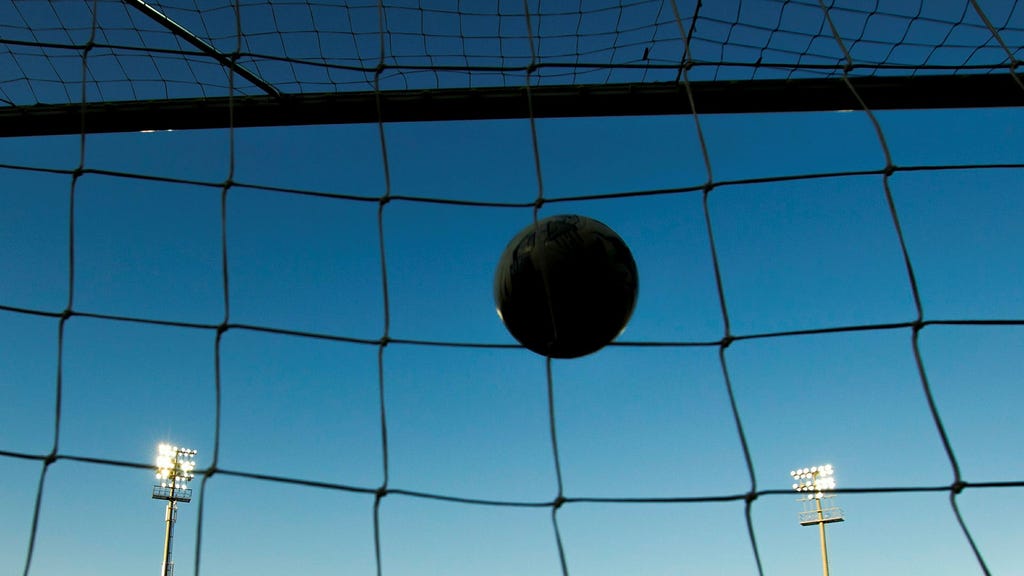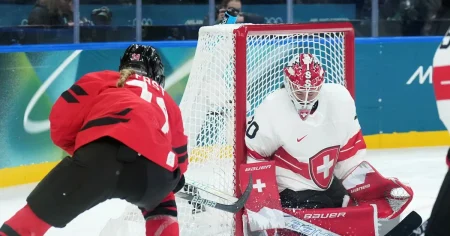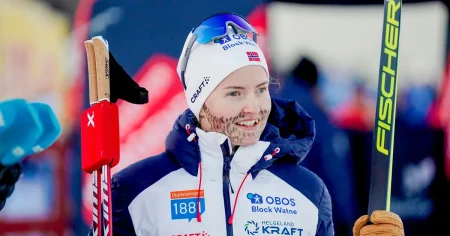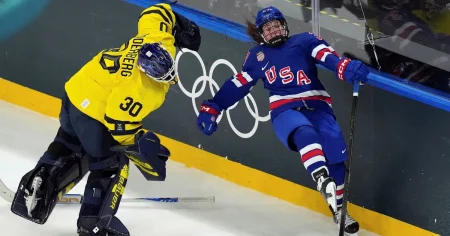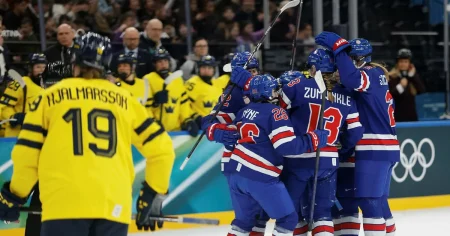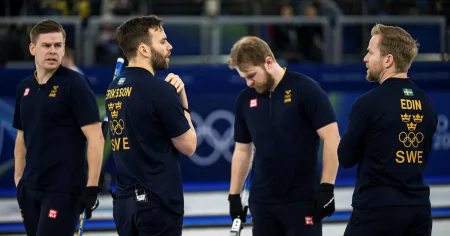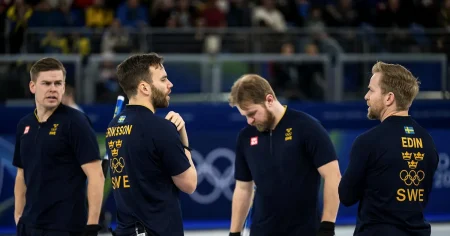Paragraph 1: A Decline in Suspected Match-Fixing
The year 2024 marked a significant decline in suspected match-fixing incidents after years of increasing numbers. Sportradar, a Swiss company specializing in sports data and integrity services, monitored over 850,000 matches across 70 different sports and flagged 1,108 as suspicious. This represents a 17% decrease compared to 2023. The decline was particularly pronounced in Europe, where Sportradar identified 439 suspicious matches, a 36% drop from the previous year. Football, the most affected sport, also saw an 18% reduction in suspicious activity.
Paragraph 2: Sweden’s Positive Trend
Sweden has witnessed a consistent positive trend in combating match-fixing in recent years. In 2019, Sweden reported 47 suspicious football matches, ranking it the third most affected country in Europe. By 2023, this number had plummeted to nine, and in 2024, only three matches were flagged, all with a lower degree of suspicion. This dramatic reduction indicates the effectiveness of the measures implemented in the country.
Paragraph 3: Efforts and Concerns in Sweden
Dan Korhonen, the integrity officer at the Swedish Sports Confederation, welcomes the decreased numbers but cautions against prematurely declaring a complete turnaround. He believes the implemented measures, including legislative changes, educational programs, and increased awareness campaigns, have played a crucial role in achieving these positive results. Specifically, he highlights the ban on betting on lower league matches and Sweden’s recent ratification of the Council of Europe Convention on the Manipulation of Sports Competitions.
Paragraph 4: The Shadow of Illicit Activities
Despite the progress, Korhonen, with his background at the state-owned betting company Svenska Spel, remains convinced that criminal networks continue to view match-fixing and the betting market as a lucrative source of income. One theory explaining the recent decline in detected match-fixing suggests that criminals have refined their methods and shifted their focus to the unregulated, illegal betting market, operating beyond the reach of monitoring organizations like Sportradar. This makes detection and subsequent intervention significantly more challenging.
Paragraph 5: The Ongoing Battle Against Match-Fixing
Swedish sporting authorities acknowledge the limitations of current detection methods and the naivete of believing match-fixing attempts are absent from top-tier Swedish leagues. Korhonen cites the 2017 IFK Göteborg-AIK match, where AIK goalkeeper Kenny Stamatopoulos was offered millions to manipulate the game, as a stark reminder of the ever-present threat. The willingness of match-fixers to offer such substantial bribes points to the vast profits involved, potentially motivating them to conceal their activities in high-turnover leagues like Allsvenskan and Superettan. Insiders familiar with match-fixing operations claim to be aware of Sportradar’s monitoring tools and actively work to circumvent them, highlighting the constant cat-and-mouse game between authorities and criminal networks.
Paragraph 6: Investing in the Fight and Enhancing Collaboration
The Swedish government recently allocated ten million kronor to the Swedish Sports Confederation to combat crime within sports. This funding will support further efforts to address match-fixing and other integrity issues. Enhanced information sharing between authorities is seen as a critical step in maintaining the positive trend in reducing match-fixing incidents. The ongoing challenge requires continuous vigilance, adaptation of strategies, and increased collaboration to effectively combat the sophisticated methods employed by criminal elements seeking to exploit the sports betting market.





